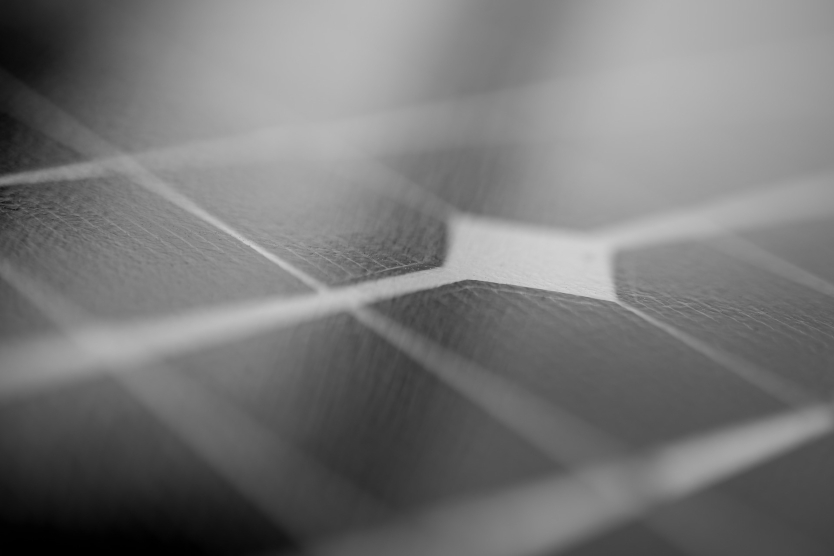
In a joint project called Dig4MorE, the Helmholtz Institute Erlangen-Nuremberg is working with photovoltaic companies to develop a new machine-learning methodology.
© Pixabay
According to a study from the Helmholtz Institute Erlangen-Nuremberg, around 8 percent of solar modules in Europe are not running at full capacity. As well as defects and incorrect adjustments to the modules, performance deficits are caused by a range of random environmental factors including bird droppings, dust, pollen and nearby vegetation. Operators of solar farms use drones to inspect from the air and thermographic techniques to check for defects, but these are expensive and ultimately drive up the cost of solar power.
This is where artificial intelligence (AI) can help. In a joint project called Dig4MorE, the Helmholtz Institute Erlangen-Nuremberg is working with photovoltaic companies to develop a new machine-learning methodology. The technology suggests suitable measures for optimising plant performance.
Data from 11 solar plants across Europe operated by SunSniffer GmbH, Aquila Capital GmbH and Sunset Energietechnik GmbH will be supplied for the modelling. "The algorithms must be trained to distinguish between different deficits based on basic data such as current, voltage and temperature,” explains Dr Claudia Buerhop-Lutz from Helmholtz in a press release. The AI must take into account multiple local environmental and seasonal factors including wind speed and shading.
Professor Brabec, head of the Helmholtz department of high-throughput photovoltaics, emphasises the importance of the project for the future of solar: "We see the use of high-throughput measurement methods as a key technology for the sustainable operation of solar parks,” he says in the foregoing press release. “Only by combining measurement technology that can quickly characterise large quantities of solar modules and artificial intelligence can we ensure the best possible yields and longevity for solar fields.”
Dig4MorE will be funded with EUR 2 million over three years by the Federal Ministry for Economic Affairs and Climate Action (BMWK).


